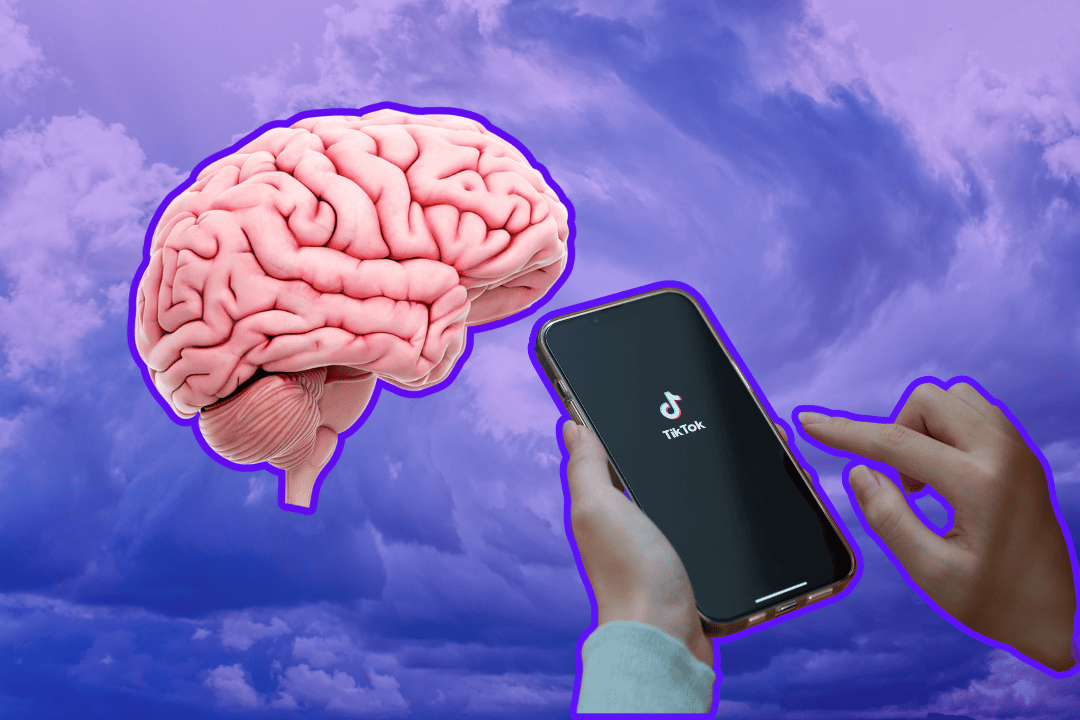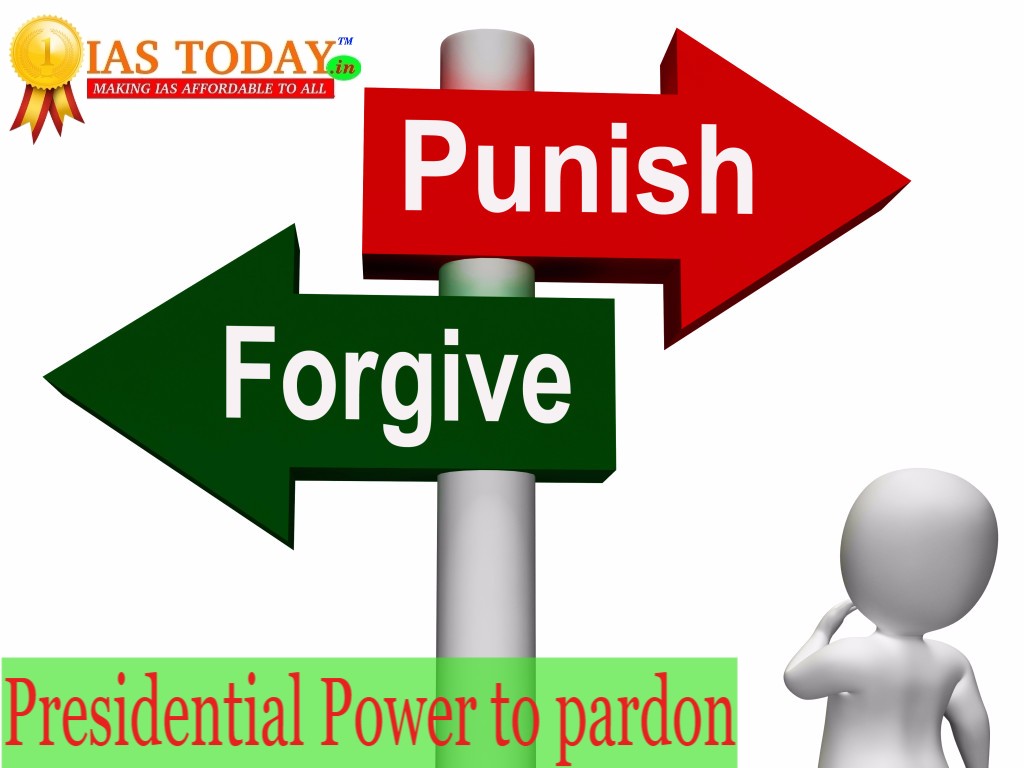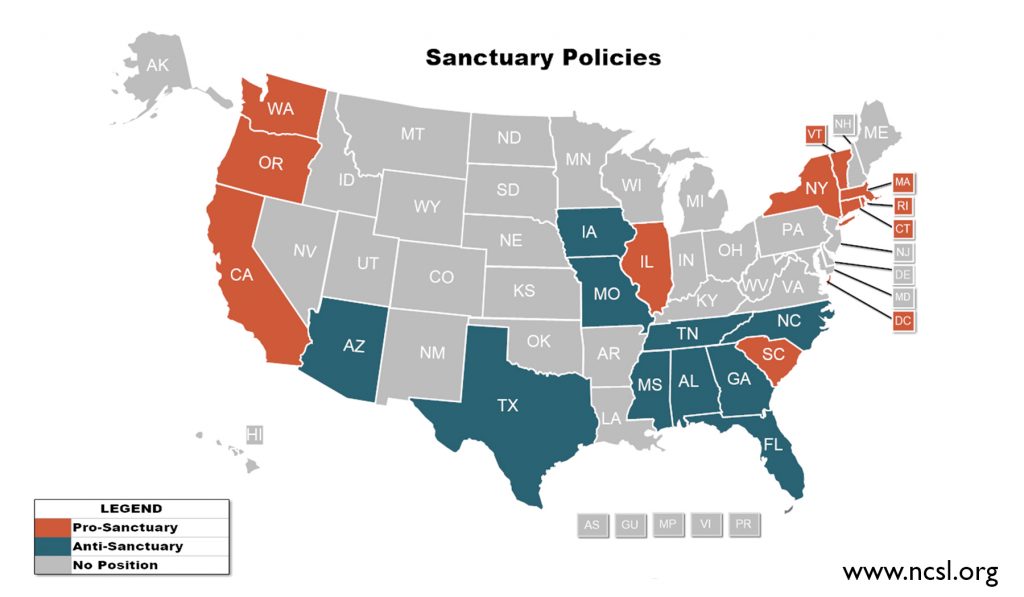The Problem Of Self-Diagnosing ADHD Via TikTok

Table of Contents
The Inaccuracy of Online ADHD Diagnoses
An ADHD diagnosis requires a comprehensive professional evaluation by a qualified healthcare professional, such as a psychiatrist or psychologist. This evaluation goes far beyond the anecdotal evidence presented in short TikTok videos. These videos, while often well-intentioned, lack the clinical expertise necessary for accurate diagnosis. They often present simplified or stereotypical views of ADHD, potentially conflating its symptoms with other conditions or normal behaviors.
The limitations of relying on TikTok for ADHD information are significant:
- Lack of Clinical Expertise: TikTok creators are not trained medical professionals. Their experiences, while valuable for understanding the lived experience of ADHD, cannot replace a formal diagnosis.
- Potential for Biased or Inaccurate Information: The information shared on TikTok is not subject to the same rigorous scrutiny as peer-reviewed research. Misinformation and biased perspectives can easily spread.
- Focus on Anecdotal Evidence: TikTok thrives on personal stories. While relatable, individual experiences are not sufficient for a clinical diagnosis. A proper diagnosis requires a systematic evaluation of symptoms within a clinical context.
- TikTok videos often present simplified or stereotypical views of ADHD. The complexity of the disorder is lost in short-form videos.
- Videos may conflate ADHD symptoms with other conditions or normal behaviors. This can lead to misinterpretations and inaccurate self-diagnosis.
- Users might misinterpret symptoms, leading to incorrect self-diagnosis. Many symptoms of ADHD overlap with other conditions, requiring professional differentiation.
- Lack of consideration for comorbidities and differential diagnosis. ADHD often co-occurs with other conditions, requiring careful assessment to rule out alternative explanations.
The Potential Harm of Self-Diagnosing ADHD
Self-diagnosing ADHD based on TikTok videos carries significant psychological and practical risks. Misdiagnosis can lead to unnecessary anxiety, self-doubt, and feelings of inadequacy. Individuals might wrongly believe they have a condition they don’t, leading to unnecessary worry and potentially impacting their self-esteem and mental health. Furthermore, attempting to self-treat, for instance, by starting medication without supervision, can be incredibly dangerous.
The potential harms include:
- Unnecessary stress and anxiety from a potential misdiagnosis. This can negatively impact mental wellbeing.
- Risk of ineffective or harmful self-treatment strategies. Improper medication use can have serious consequences.
- Delay in accessing appropriate therapy or medication, leading to untreated symptoms and potential worsening of conditions. Early intervention is crucial for managing ADHD effectively.
- Potential for negative impact on relationships and work/school performance. Untreated ADHD can significantly affect various aspects of life.
Finding Reliable Information and Getting a Proper Diagnosis
Instead of relying on TikTok for ADHD information, seek credible sources. Reputable organizations like CHADD (Children and Adults with Attention-Deficit/Hyperactivity Disorder) offer comprehensive and accurate information. Look for peer-reviewed articles and books written by experts in the field of ADHD.
To find an ADHD specialist:
- Consult your primary care physician: They can provide referrals to specialists.
- Search online directories: Websites like Psychology Today allow you to search for professionals by specialty and location.
- Check with your insurance provider: Find out which specialists are covered under your plan.
A professional ADHD diagnosis involves a comprehensive process:
- Clinical interviews: In-depth discussions about your symptoms, history, and daily life.
- Comprehensive assessments: Standardized questionnaires and rating scales to evaluate ADHD symptoms.
- Neuropsychological testing (in some cases): Tests to assess cognitive abilities and rule out other conditions.
Remember:
- List reputable organizations and websites providing accurate information on ADHD: CHADD, ADDitude Magazine, National Institute of Mental Health (NIMH).
- Outline steps to find a qualified professional (psychiatrist, psychologist): Use online directories, consult your primary care physician, check insurance coverage.
- Explain the process of professional ADHD diagnosis: This includes interviews, assessments, and potentially neuropsychological testing.
- Encourage readers to seek help for any concerns related to ADHD symptoms: Don't hesitate to reach out to a professional for guidance.
Conclusion: Avoid Self-Diagnosing ADHD via TikTok – Seek Professional Help
Relying on TikTok for an ADHD diagnosis is risky and can lead to inaccurate self-diagnosis, delayed treatment, and potential harm. Don't let the allure of quick answers on TikTok lead to a misdiagnosis. The accurate diagnosis and effective treatment of ADHD require a professional assessment. Seeking professional help ensures you receive evidence-based care, tailored to your specific needs, leading to improved management of symptoms and a better quality of life. Take the crucial step towards accurate assessment and effective treatment by seeking a professional diagnosis for ADHD today.

Featured Posts
-
 European Energy Market Solars Impact On Power Prices
Apr 29, 2025
European Energy Market Solars Impact On Power Prices
Apr 29, 2025 -
 Natural Ways To Manage Adhd Symptoms A Comprehensive Guide
Apr 29, 2025
Natural Ways To Manage Adhd Symptoms A Comprehensive Guide
Apr 29, 2025 -
 The Rose Pardon Debate Weighing The Arguments For And Against A Presidential Pardon
Apr 29, 2025
The Rose Pardon Debate Weighing The Arguments For And Against A Presidential Pardon
Apr 29, 2025 -
 Black Hawk Pilots Disregard For Instructor Led To Deadly D C Crash
Apr 29, 2025
Black Hawk Pilots Disregard For Instructor Led To Deadly D C Crash
Apr 29, 2025 -
 Trump To Sign Order Nationwide List Of Sanctuary Cities And States
Apr 29, 2025
Trump To Sign Order Nationwide List Of Sanctuary Cities And States
Apr 29, 2025
Latest Posts
-
 How To Stream Ru Pauls Drag Race Season 17 Episode 9 For Free Legally
Apr 30, 2025
How To Stream Ru Pauls Drag Race Season 17 Episode 9 For Free Legally
Apr 30, 2025 -
 Where To Watch Ru Pauls Drag Race Season 17 Episode 9 Without Paying
Apr 30, 2025
Where To Watch Ru Pauls Drag Race Season 17 Episode 9 Without Paying
Apr 30, 2025 -
 Ru Pauls Drag Race Season 17 Episode 9 Free Online Viewing Options
Apr 30, 2025
Ru Pauls Drag Race Season 17 Episode 9 Free Online Viewing Options
Apr 30, 2025 -
 Free Streaming Of Ru Pauls Drag Race Season 17 Episode 9
Apr 30, 2025
Free Streaming Of Ru Pauls Drag Race Season 17 Episode 9
Apr 30, 2025 -
 How To Watch Ru Pauls Drag Race Season 17 Episode 9 For Free
Apr 30, 2025
How To Watch Ru Pauls Drag Race Season 17 Episode 9 For Free
Apr 30, 2025
